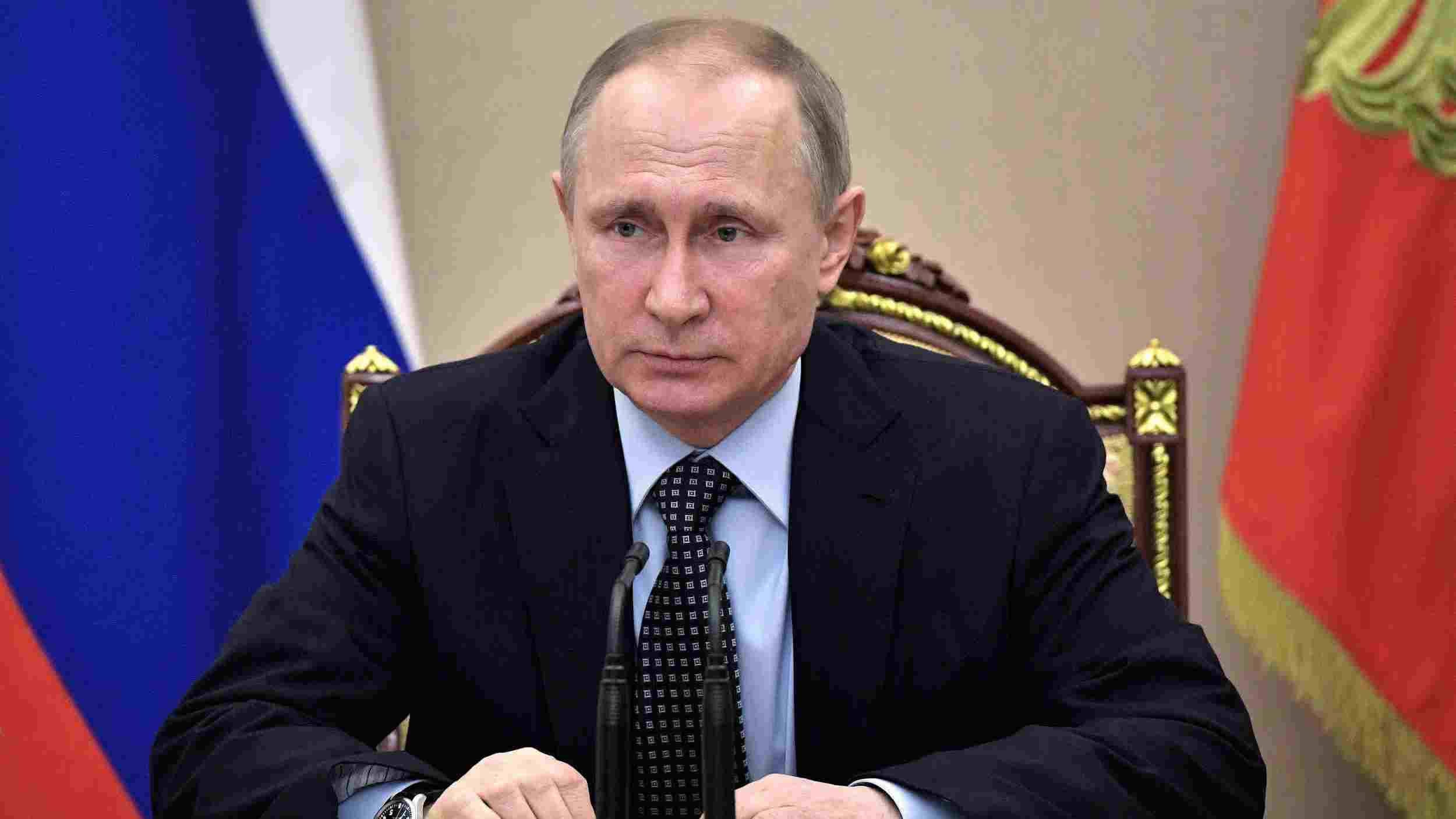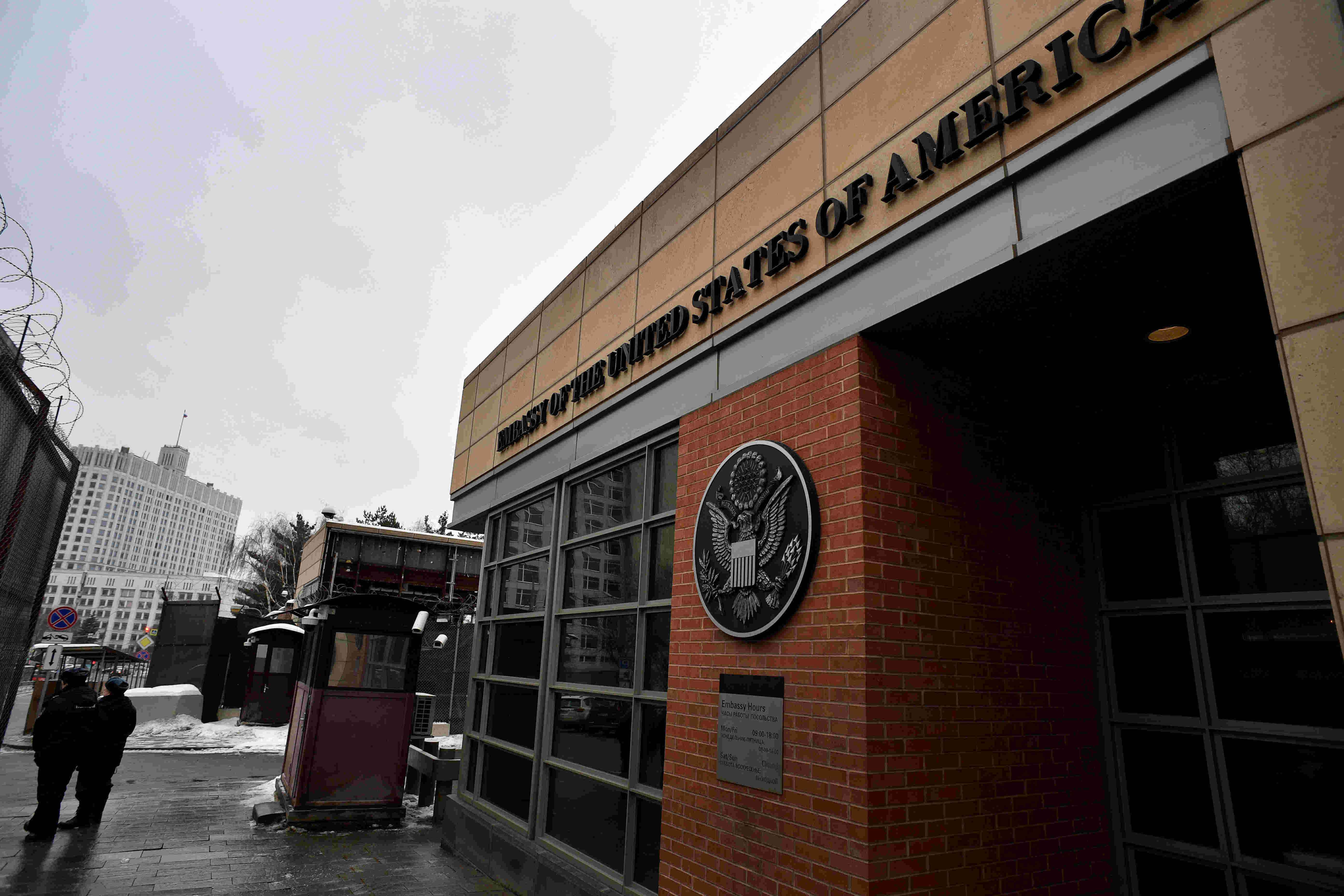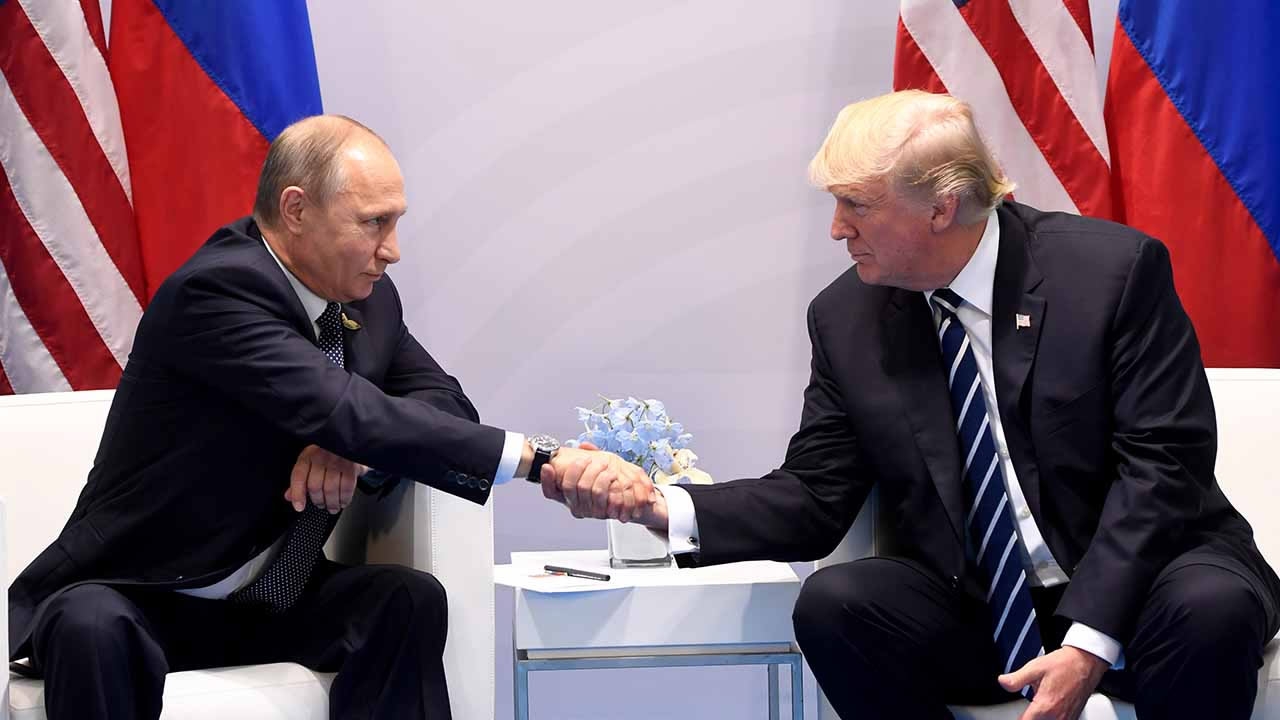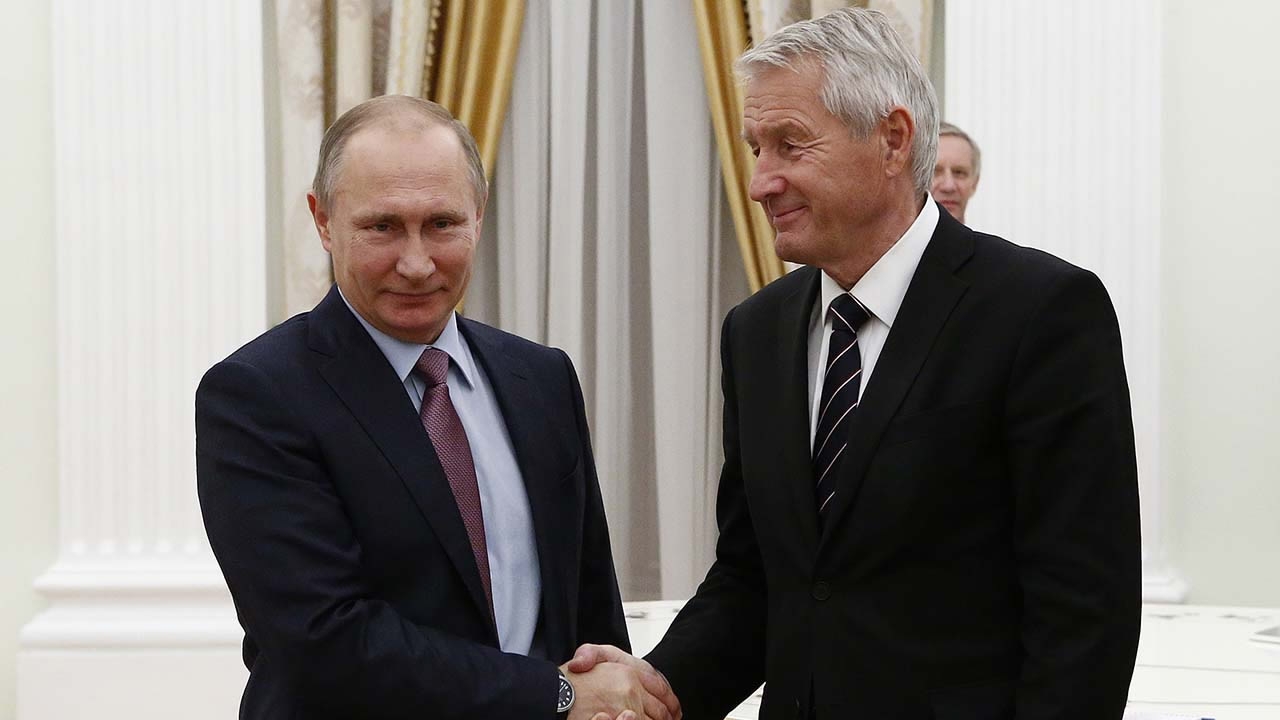Trump-Putin saga: What do the new sanctions really mean?

US Congress is pushing legislation that will further punish Moscow.
In a tit-for-tat action, Russian President Vladimir Putin retaliated on Monday, ordering 755 diplomatic staff and employees in the US embassy and consulates in Russia to leave by September 1.
Russia also said that it is seizing holiday properties and a warehouse used by US diplomats effective August 1.

The US Embassy in Moscow. / AFP Photo
Russian Deputy Foreign Minister Sergei Ryabkov threatened further retribution Sunday morning in response to the “completely weird and unacceptable piece of legislation.” He did not specify what else Russia will do but said the country has “a very rich toolbox at our disposal.”
The new US sanctions on Russia easily passed the Senate on Thursday with an overwhelming bipartisan vote of 98-2 and at the House, 419-3.
What are the sanctions?
The US and the EU gave coordinated sanctions on Russia in 2014 over Russia’s annexation of the Crimea peninsula from Ukraine.
Russia’s elites, including Putin’s inner circle were targeted then with travel bans and asset freezes. As the sanctions were mainly aimed at the Russian economy, major corporations and state-owned companies were also given restrictions on their transactions with the US and EU.
Last December, President Barack Obama imposed fresh sanctions against Russia for allegedly meddling in the US 2016 elections. Obama expelled 35 Russian diplomats and closed Russian compounds in Maryland and New York. Congress is investigating whether Russia tried to sway the election in favor of Republican presidential candidate Donald Trump. Russia has repeatedly denied such allegations.
Sanctions for Iran and North Korea are also included in the new bill.
Why would it mean when the sanctions become law?
The move by Congress pushed President Trump into a corner. The White House has made it clear that they are against the measure, but said that the president will sign the bill to fulfill his proclaimed detachment from Russia.

US President Donald Trump and Russian President Vladimir Putin shake hands during a meeting on the sidelines of the G20 summit in Hamburg, Germany, July 7, 2017. /AFP Photo
Once it becomes a law, it means that getting rid of the sanctions will be much harder. As opposed to executive orders, the power to reverse the sanctions will now be moved from the hands of the president to Congress.
The proposed law states that Congress must approve any request from the president to ease the sanctions in the bill. The president will also have to submit a report to Congress to justify the need to waive the sanctions.
How will these changes affect other countries’ relations with Russia?
Some European countries have expressed concerns over the planned changes. According to a BBC report, the new law could penalize European companies with investments in big Russian infrastructure projects such as the new Nord Stream II pipeline set to transport gas between Russia and Germany.
Officials in EU countries like Germany and Austria also said the new sanctions could have a negative effect on the US-EU relations as well because Europe’s energy supplies were “a matter for Europe, not for the United States.”

Russian President Vladimir Putin (L) greets Council of Europe secretary general Thorbjorn Jagland during a meeting at the Kremlin in Moscow on December 6, 2016. /AFP Photo
Roughly a third of EU’s natural gas imports are from Russia.
The bill is said to be on Trump’s desk before the end of the month. While the White House has been sending mixed messages about this, all eyes are on Trump to see if he will sign or reject it.
Will Trump maintain his pro-Russian stance and invite further criticism from the Capitol or will he allow the inevitable tensions between the US and Russia to escalate?
Related stories:
Russia orders US embassy to cut staff, seizes diplomatic property
Putin wants 755 US diplomat staffers out following sanctions
